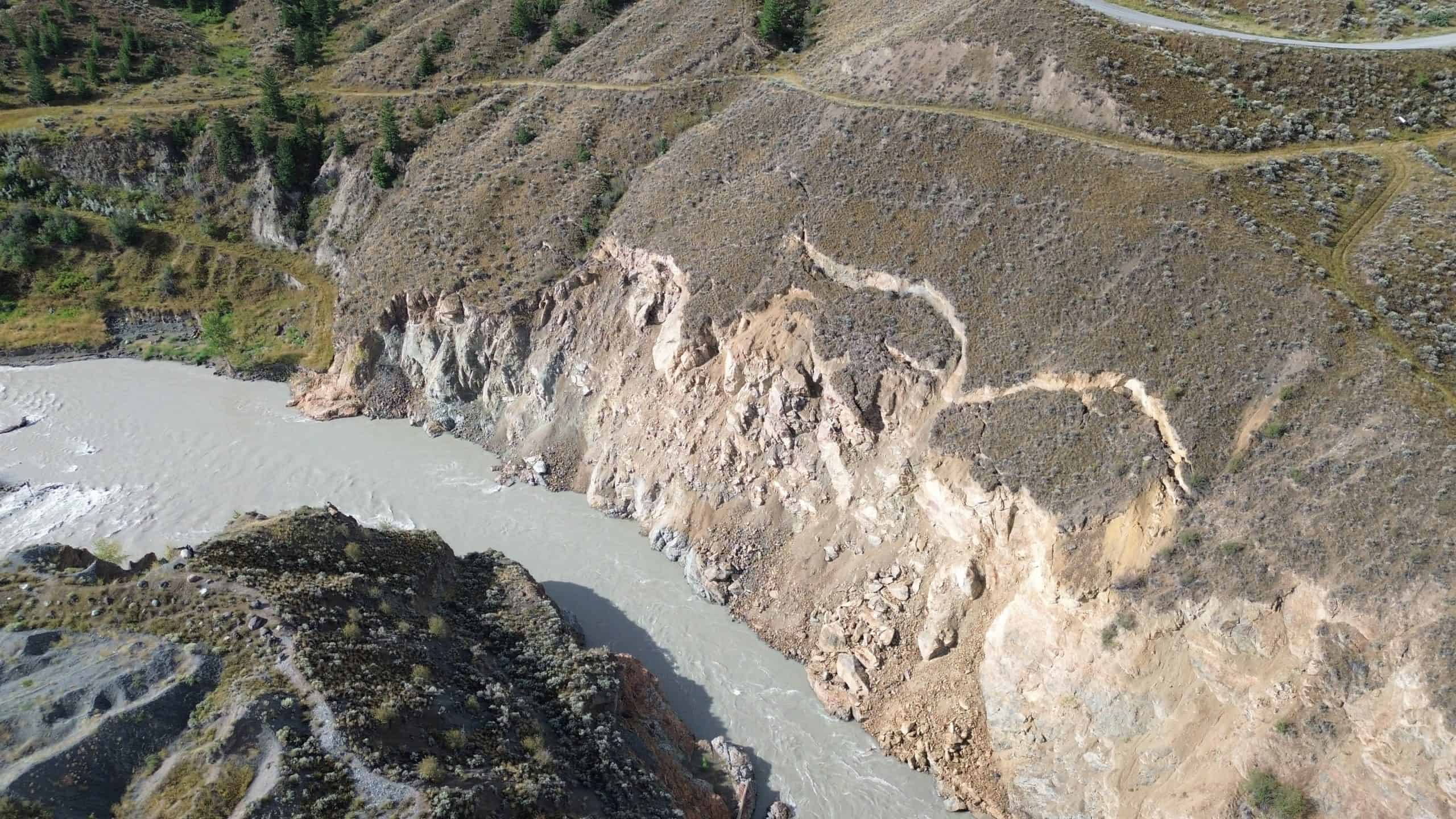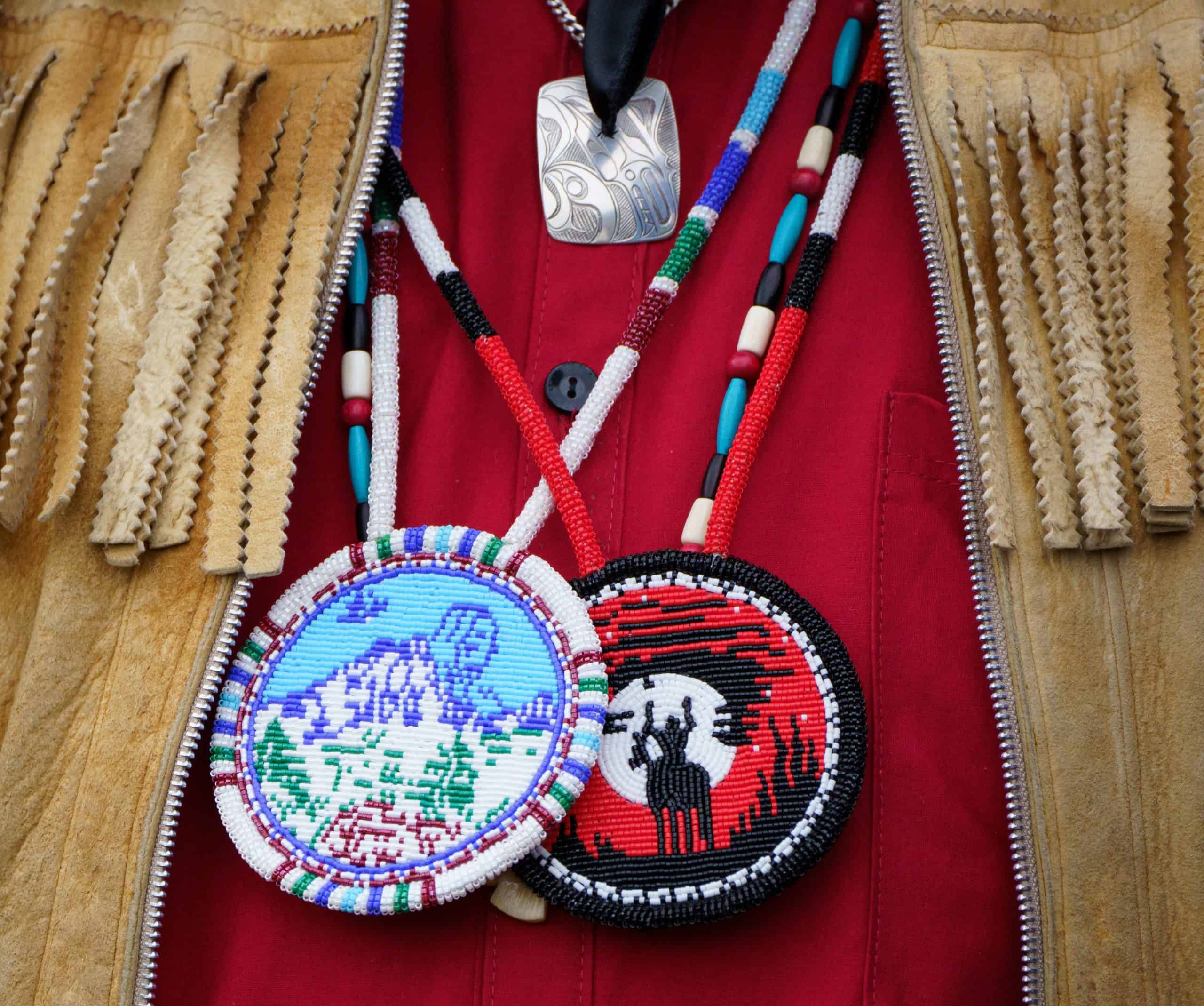Williams Lake, B.C.: The Tŝilhqot’in Nation is condemning the B.C. government’s destructive moose harvest allocation for the Chilcotin Region in recent days and expressing its opposition, in the strongest terms, to B.C.’s drastic escalation of Limited Entry Hunts (LEH) for moose in Tŝilhqot’in territory.
Tŝilhqot’in people depend on moose for sustenance and cultural survival. For many years, Tŝilhqot’in hunters and members have reported struggling moose populations, and not enough moose to feed our families and communities. Many members have chosen not to hunt moose for the past several years, out of concern for the survival of moose populations.
The Province’s own surveys show the moose population in the Chilcotin at its lowest point on record. Instead of raising the alarm, the Province has now drastically increased the LEH for moose – effectively doubling the number of moose LEH permits issued in the Chilcotin region compared to last year.
The Tŝilhqot’in Nation opposes LEH moose hunting in the territory, given the lowest population estimates on record and the devastating impacts on habitat in recent years from unprecedented wildfires, beetle epidemics, wide-scale industrial logging and increased predation and competition with other species.
BC’s decision to increase the LEH in Tŝilhqot’in territory disrespects and disregards the traditional knowledge of Tŝilhqot’in hunters and members, and violates the Aboriginal rights and title of the Tŝilhqot’in peoples, and our international human rights under the United Nations Declaration on the Rights of Indigenous Peoples.
The Tŝilhqot’in Nation has a duty and responsibility under Tŝilhqot’in law to prevent the destruction of the moose population in our territory. Tŝilhqot’in leaders are meeting together and with membership to decide next steps in response to B.C.’s decision and the direct threat that it poses to the wellbeing of Tŝilhqot’in families and communities, and the survival of the Tŝilhqot’in way of life.
“We have to take action on this issue. Mismanagement of our wildlife affects us directly. The
2017 wildfires left much of our wildlife stressed from the destruction of their habitat. Our
people rely heavily on the moose populations. The province needs to do more – a business as
usual approach will not be tolerated. We do not recognize the authority of any government to
make the same decisions – without our consent, over our objections – and mismanage our
lands and wildlife. We have fought to maintain jurisdiction over our territory, and there is a
blatant disregard for that when it comes to the management of wildlife. B.C. needs to start
acting to protect and preserve these populations. Our people are not going to sit and watch
moose disappear in the territory like we have witnessed with the caribou. Hunters that planned
to come to the Chilcotin need to be making other plans – don’t come to the Chilcotin.”
— Nits’ilʔin (Chief) Joe Alphonse, O.B.C, Tŝilhqot’in National Government
“Our people are living with crisis upon crisis. Our salmon runs have collapsed to record lows
and for the first time our people have had to choose not to fish for food in recent years. Our
members are not getting the moose they need to feed their families. Our caribou populations
are threatened and at risk of extinction in our lifetime. These are decisions that affect whether
we can put food on our tables for our elders and our communities. This B.C. government
continues to talk about UNDRIP and reconciliation, but they continue to ignore and disrespect
us, and make the same decisions – without our consent, over our objections, and mismanage
our lands and wildlife to the state that they are in now. Our people will not stand for it. The BC
Government should be ashamed of this decision”.
— Nits’ilʔin Otis Guichon, Sr., Tŝideldel First Nation, TNG Tribal Vice-Chair
Myanna Desaulniers
Communications Manager
Tŝilhqot’in National Government
(250) 305-7885
myanna@tsilhqotin.ca
January 15, 2025 — Williams Lake, BC Tŝilhqot’in Nation Takes Action to Save Chilko Salmon
November 6, 2025 — Williams Lake, BC Tŝilhqot’in Call for End to Political Fear-mongering About

